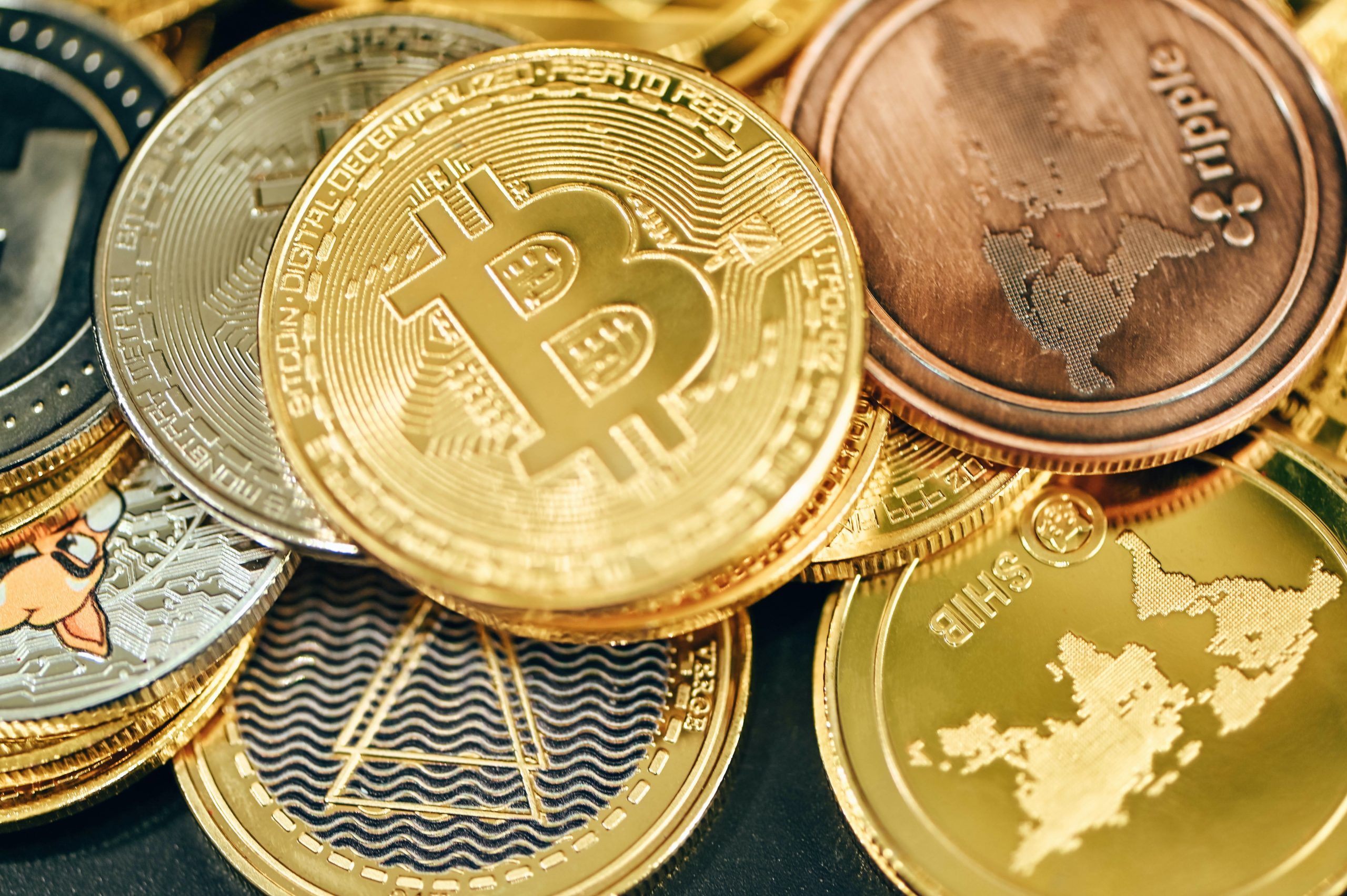Ripple (XRP) is a digital currency and payment protocol that was created to enable fast, secure, and low-cost cross-border payments. Ripple was first released in 2012 by the Ripple Labs company and has since become one of the most popular cryptocurrencies in the world. In this article, we’ll take a closer look at what Ripple is, how it works, and its potential benefits for businesses and individuals.
How Does Ripple Work?
Ripple operates on a decentralized network, which means that it is not controlled by any central authority or government. Instead, the network relies on a group of servers that validate and process transactions. The Ripple payment protocol uses a system of interconnected nodes to move money across borders and across currencies. This is done using a distributed ledger that records all transactions on the network.
The Ripple network also includes a digital currency called XRP, which can be used to facilitate transactions on the network. XRP is used to pay transaction fees and to facilitate cross-currency transactions.
One of the key benefits of Ripple is its speed and efficiency. Traditional cross-border payments can take days or even weeks to process and can be expensive due to high transaction fees and exchange rates. Ripple can process transactions in seconds, and its fees are much lower than traditional payment methods.
Benefits of Ripple
One of the main benefits of Ripple is its potential to revolutionize cross-border payments. By using Ripple, businesses and individuals can save time and money on transaction fees and currency exchange rates. This can be especially beneficial for businesses that operate internationally, as it can help them reduce costs and improve their bottom line.
Another benefit of Ripple is its potential for financial inclusion. Many people around the world do not have access to traditional banking services and are therefore unable to participate in the global economy. Ripple can help bridge this gap by enabling fast, low-cost payments that are accessible to anyone with an internet connection.
Finally, Ripple is also seen as a potential hedge against market volatility. Cryptocurrencies like Bitcoin and Ethereum are known for their volatility, which can make them risky investments. Ripple, on the other hand, has been relatively stable in comparison, making it a potentially safer investment option for those who are risk-averse.
However, it is important to note that Ripple has also faced some controversy and criticism. One major issue is its centralized control, as Ripple Labs owns the majority of XRP and has significant control over the network. This has led to concerns about the company’s ability to manipulate the price of XRP and the network as a whole.
Furthermore, some have criticized Ripple’s business model, which relies heavily on partnerships with traditional financial institutions. This has led to concerns about the network’s decentralization and its ability to disrupt the traditional financial industry.
Despite these concerns, Ripple continues to be a popular cryptocurrency and payment protocol, with a large and active community of users and developers. Its potential for faster, cheaper, and more accessible cross-border payments makes it an attractive option for businesses and individuals around the world.
If you’re interested in investing in Ripple, it’s important to do your research and understand the risks involved. As with any investment, it’s important to diversify your portfolio and not invest more than you can afford to lose.
Ripple is a cryptocurrency and payment protocol that aims to revolutionize cross-border payments by offering a faster, more efficient, and more accessible alternative to traditional payment methods. While it has faced some criticism and controversy, its potential benefits and relatively stable value make it an attractive investment option for those who are interested in the cryptocurrency market.
Conclusion
In conclusion, Ripple is a digital currency and payment protocol that offers several potential benefits for businesses and individuals. Its speed, efficiency, and low transaction fees make it an attractive option for cross-border payments, and its potential for financial inclusion could help connect millions of people around the world to the global economy. While there are still risks and uncertainties associated with investing in cryptocurrencies, Ripple’s relatively stable value could make it a potentially safer investment option for those who are risk-averse.
